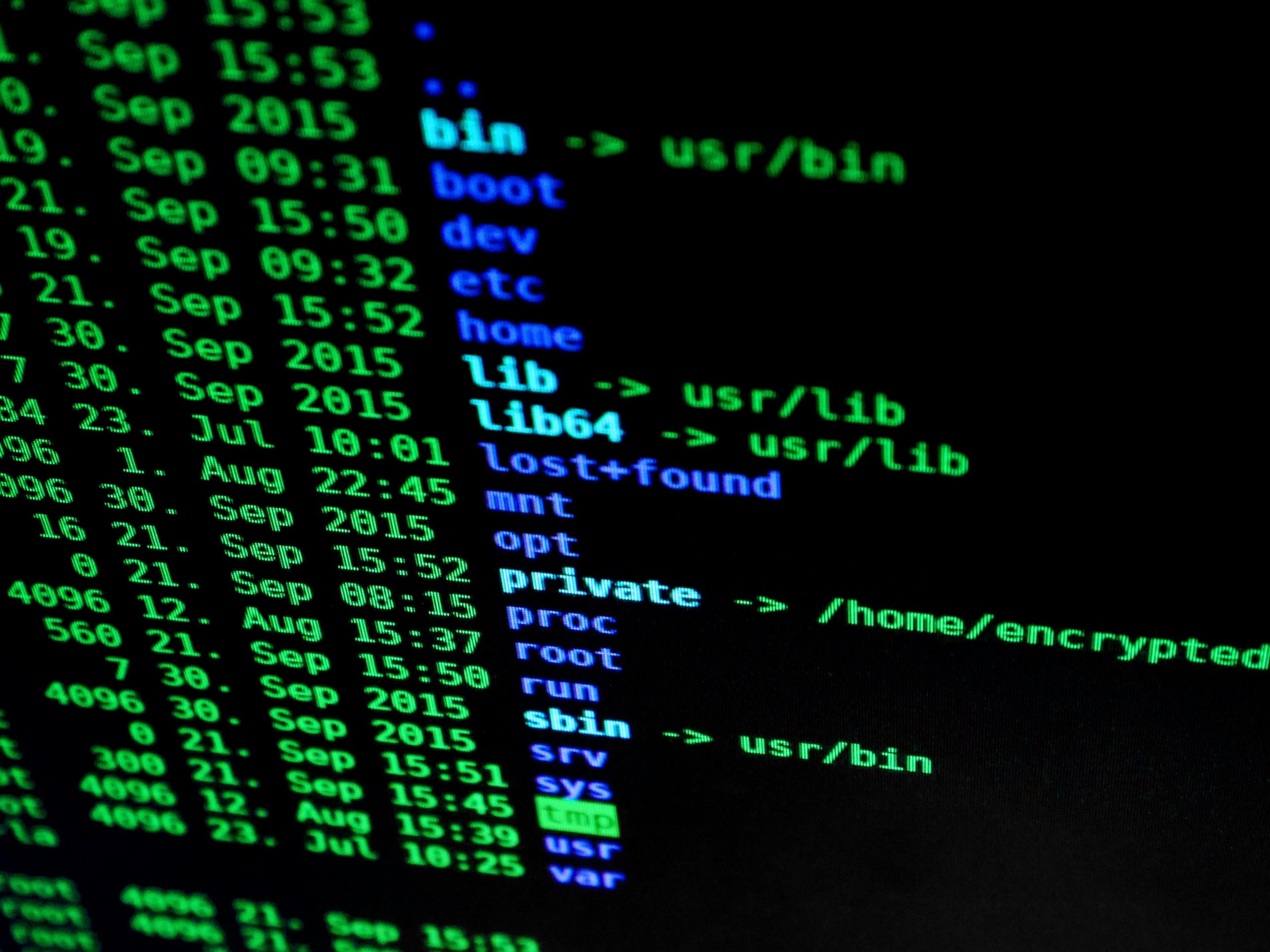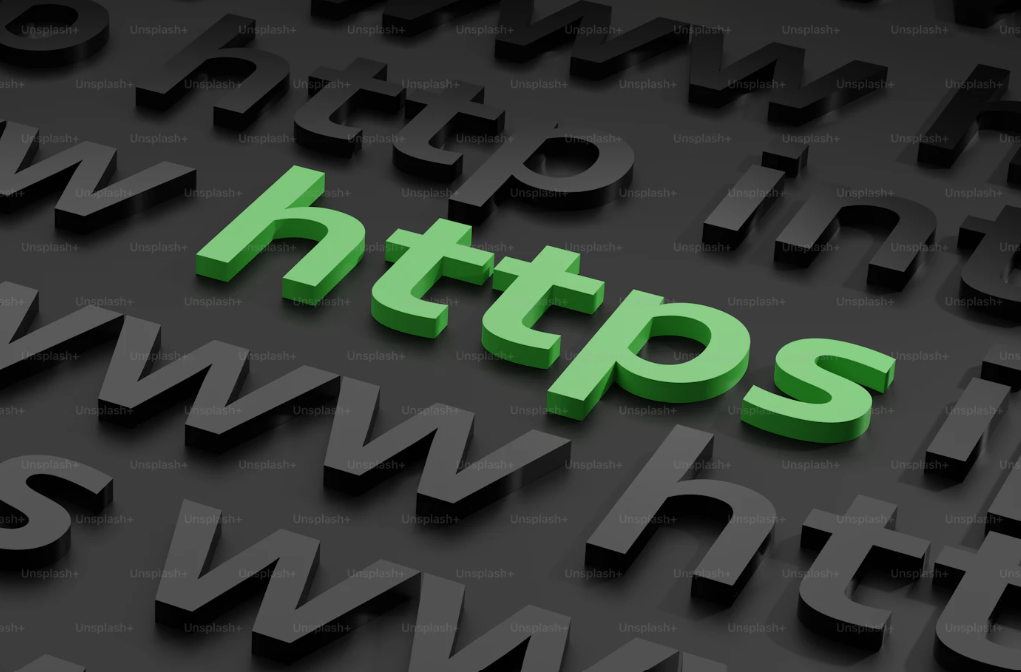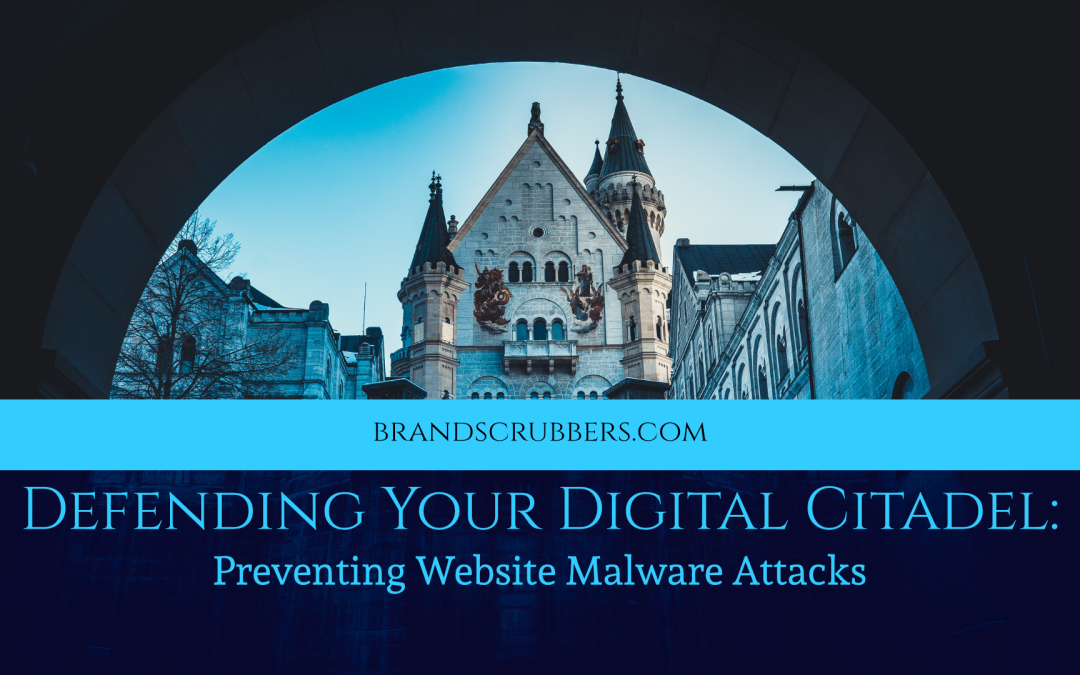In the expansive realm of the internet, where the digital landscape is constantly evolving, safeguarding your website against malicious threats is paramount. Among the myriad of potential dangers, malware attacks stand out as a significant risk to the integrity and security of your online presence. In this detailed guide, we’ll delve into practical, budget-friendly strategies to fortify yourself against website malware attacks and keep your digital citadel safe.
Understanding the Menace of Website Malware Attacks:
Malware, short for malicious software, encompasses a wide range of harmful programs designed to infiltrate, damage, or gain unauthorized access to systems. Websites, regardless of their size, are prime targets for these insidious threats. Preventing website malware attacks is not only about protecting your business but also about maintaining the trust of your visitors.

Budget-Friendly Tips to Prevent Website Malware Attacks:
1. Keep Software and Plugins Updated: Regularly updating your website’s software, content management system (CMS), and plugins is a fundamental step in preventing malware attacks. Developers frequently release updates to patch vulnerabilities, making it crucial to stay current with the latest versions.
Implement Web Application Firewalls (WAF):
2. A Web Application Firewall acts as a barrier between your website and the internet, filtering out malicious traffic and protecting against common security threats. Many budget-friendly options are available, providing robust protection without straining your finances.


Secure Hosting Solutions:
3. Opt for a hosting provider that prioritizes security. Choose a service with built-in security features, including firewalls, intrusion detection systems, and regular security audits. While budget considerations are important, compromising on hosting security may lead to more significant costs in the long run.
Use HTTPS:
4. Secure your website with HTTPS to encrypt data transmission between the user’s browser and your server. This not only enhances security but also boosts user trust. Many hosting providers offer free SSL certificates, making it an affordable yet impactful security measure.


Backup Your Website Regularly:
5. Schedule regular backups of your website’s data. In the unfortunate event of a malware attack, having recent backups ensures that you can restore your site to a clean state, minimizing downtime and data loss.
Conclusion:
In the ever-evolving landscape of cybersecurity, preventing website malware attacks is not only possible on a budget but also essential for the sustained success of your online presence. By incorporating these practical and cost-effective strategies into your security measures, you can fortify your website against the ever-present threat of malware.
Remember, a proactive and vigilant approach to website security pays dividends in the long run. Invest in the protection of your digital citadel today, and ensure that your online presence remains a secure and trusted space for both you and your visitors. Contact Brand Scrubbers today for a free consultation.


Recent Comments